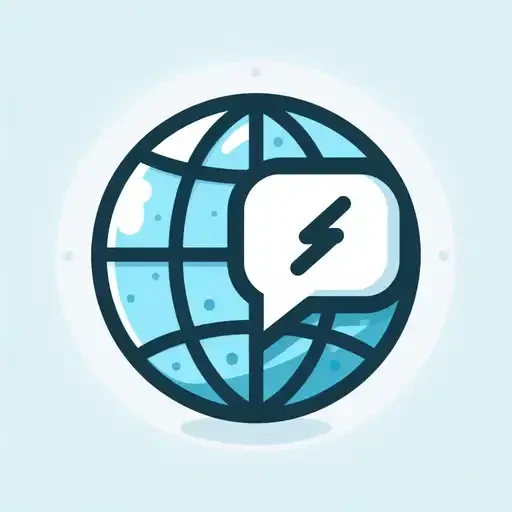In today’s complex world, shaping the course of your community and nation requires more than simply casting a ballot every few years. Political participation is the cornerstone of a healthy democracy, empowering citizens to actively engage with the political process and influence the decisions that affect their lives. This comprehensive guide delves into the various facets of political participation, exploring its significance, diverse forms, and practical ways to get involved.
Why Political Participation Matters

A vibrant democracy thrives on the active participation of its citizens. Here’s why getting involved is crucial:
- Strengthens Democracy: Political participation ensures that the government remains accountable to the people it represents. By expressing their views and concerns, citizens shape policy decisions and hold elected officials responsible for their actions.
- Improved Representation: Active participation allows diverse voices to be heard. Engaged citizens can influence policy agendas to better reflect the needs and priorities of their communities.
- Enhanced Public Policy: When citizens get involved, they bring a wealth of perspectives and experiences to the table. This fosters a more informed and inclusive decision-making process, leading to more effective public policies.
- Promotes Civic Engagement: Political participation fosters a sense of community and civic responsibility. By actively engaging in the political process, citizens become more invested in the well-being of their communities and nation.
The Many Forms of Political Participation
Political participation extends far beyond the voting booth. Here’s a spectrum of ways citizens can make their voices heard:
- Traditional Forms:
- Voting in elections at local, state, and federal levels.
- Campaigning for candidates or ballot measures you support.
- Donating to political campaigns or causes.
- Running for office yourself.
- Non-Traditional Forms:
- Contacting elected officials to express your views on specific issues.
- Attending public hearings and town hall meetings.
- Joining community organizations that advocate for causes you care about.
- Volunteering your time and skills to political campaigns or social justice organizations.
- Participating in peaceful protests and demonstrations.
- Supporting civic education initiatives in your community.
- Engaging in online political discourse through social media platforms (while maintaining responsible online behavior).
How to Get Involved in Political Participation
Now that you understand the importance and diverse forms of political participation, here’s how to take action:
- Stay Informed:
- Subscribe to reputable news sources and fact-checking websites to stay abreast of current events and political issues.
- Attend candidate forums and debates to learn about the stances of different candidates.
- Find Your Cause:
- Identify issues that are important to you, whether it’s education, healthcare, environmental protection, or social justice.
- Research organizations working on these issues in your community.
- Choose Your Method:
- Consider your time constraints and interests. Can you volunteer for a campaign, attend a town hall meeting, or simply contact your elected officials via email?
- There’s no single “right” way to participate. Find an approach that aligns with your resources and interests.
Empowering Youth Participation
The future of a healthy democracy hinges on the active participation of young people. Here are some ways to encourage youth engagement:
- Civic Education: Integrate engaging discussions about government, public policy, and current events into school curriculums.
- Youth-Focused Initiatives: Create opportunities for young people to engage in political discourse through mock elections, debates, and community service projects.
- Lowering Barriers: Explore ways to make it easier for young people to register to vote, such as online voter registration or automatic voter registration upon turning 18.
Overcoming Challenges to Political Participation
Despite its significance, political participation faces several hurdles:
- Disinformation: The spread of misinformation and “fake news” can make it difficult for citizens to access accurate information and make informed decisions.
- Voter Suppression: Certain policies or practices may intentionally make it harder for specific groups of people to register to vote or cast their ballots.
- Apathy and Cynicism: Political disillusionment and a sense of powerlessness can discourage citizens from engaging in the political process.
Examples of Traditional vs. Non-Traditional Political Participation
| Traditional Forms | Non-Traditional Forms |
|---|---|
| Voting in elections | Attending public hearings |
| Campaigning for candidates | Contacting elected officials |
| Donating to campaigns | Volunteering your time and skills |
| Running for office | Participating in peaceful protests |
| Joining a political party | Using social media to advocate for change |
| Lobbying lawmakers | Signing online petitions |
| Engaging in community organizing | Supporting boycotts or strikes |
Benefits of Political Participation for Citizens and Society
| Benefits for Citizens | Benefits for Society |
|---|---|
| Increased sense of civic duty and belonging | Stronger, more representative democracy |
| Greater influence on policy decisions | More effective and responsive public policies |
| Enhanced knowledge of political issues | Increased civic engagement and community spirit |
| Development of leadership and advocacy skills | A more just and equitable society |
The Power of Your Voice
Political participation is not about blind allegiance to a particular party or candidate. It’s about using your voice to advocate for the issues you care about and shaping the future of your community. Every act of participation, big or small, contributes to a more vibrant and responsive democracy.
Conclusion
Empowering yourself through political participation is the cornerstone of a healthy democracy. By staying informed, engaging with the process, and advocating for your beliefs, you can make a real difference in the world around you. Take action today, find your voice, and join the movement for a more just and equitable future.


